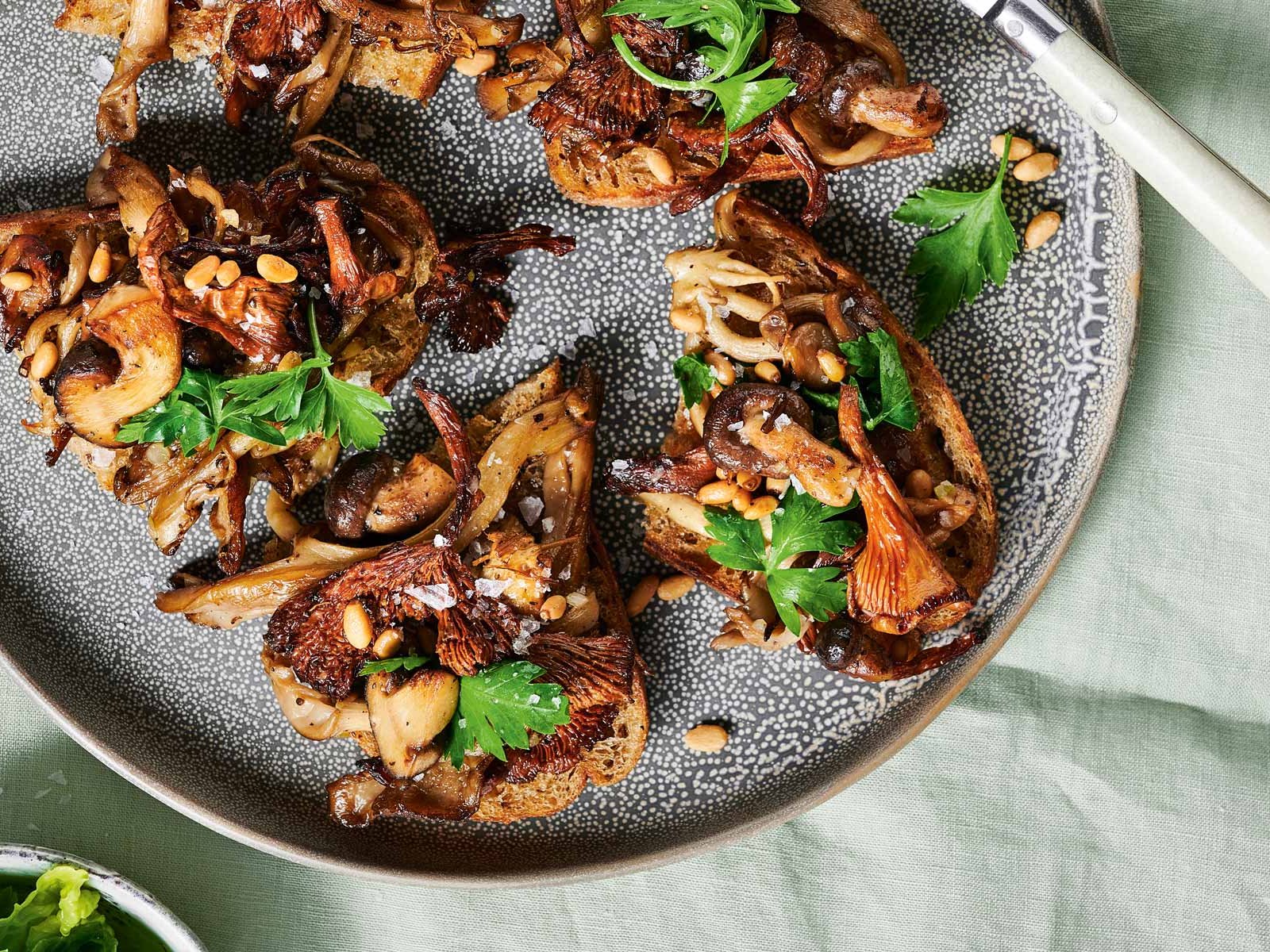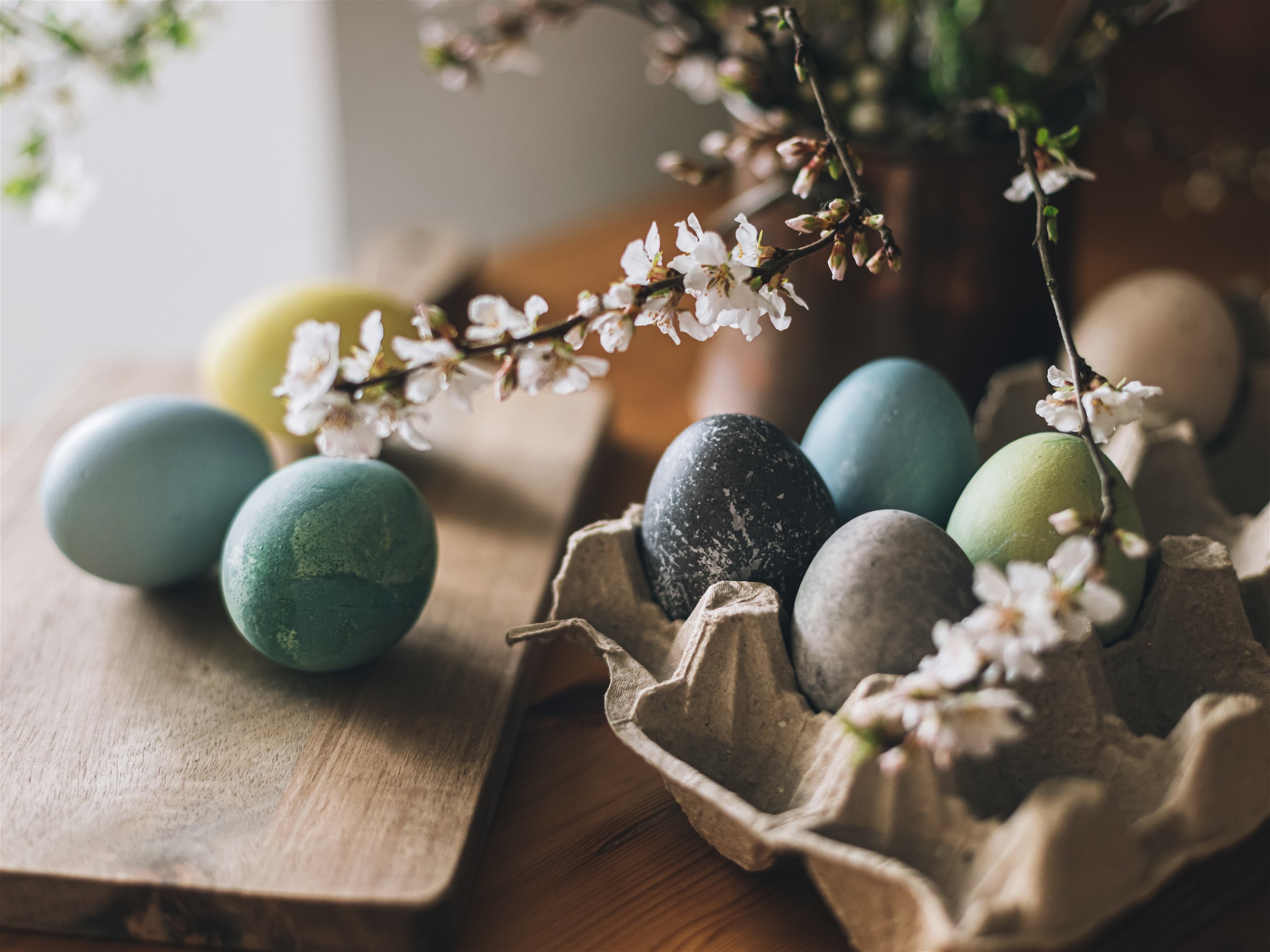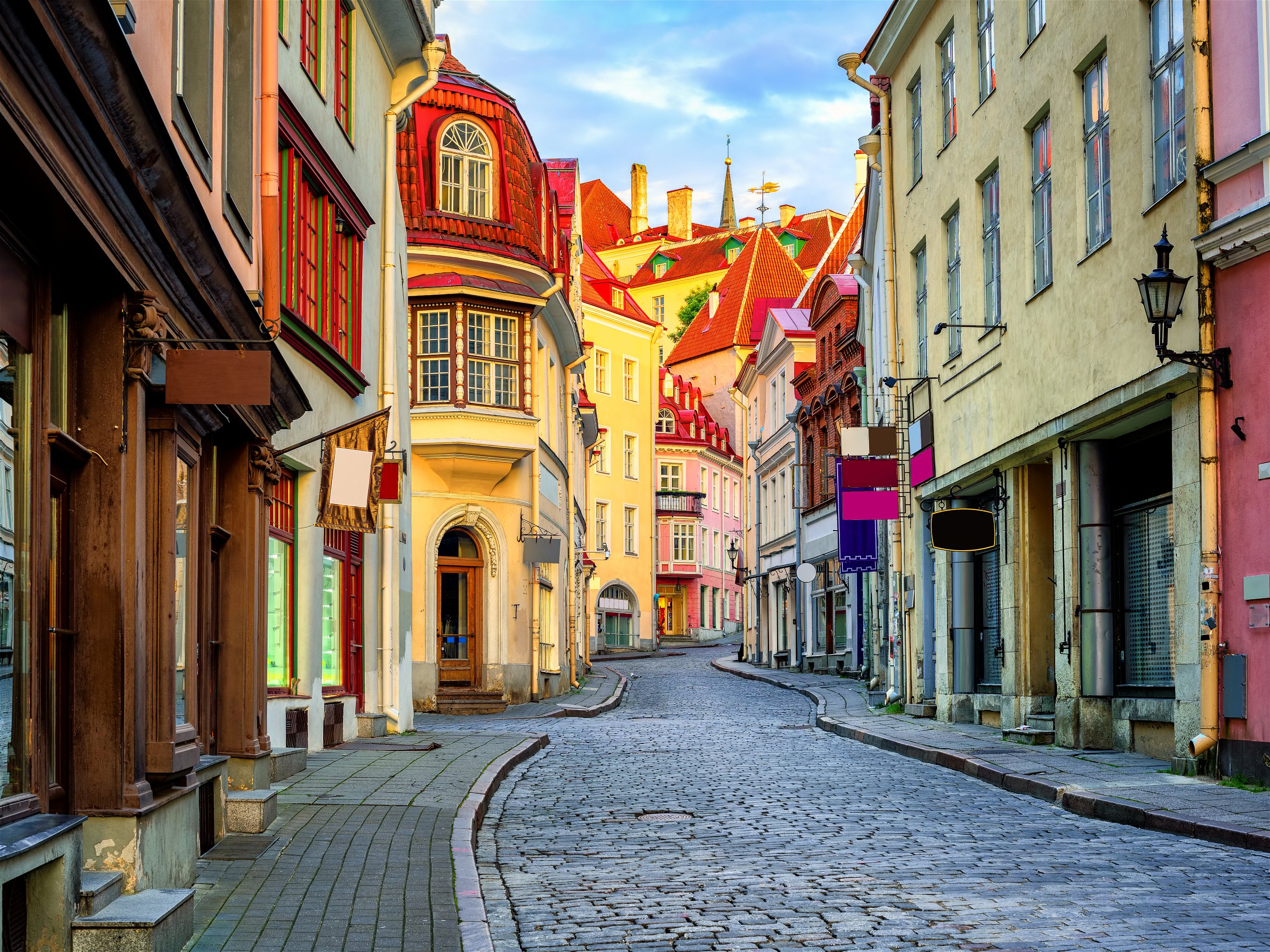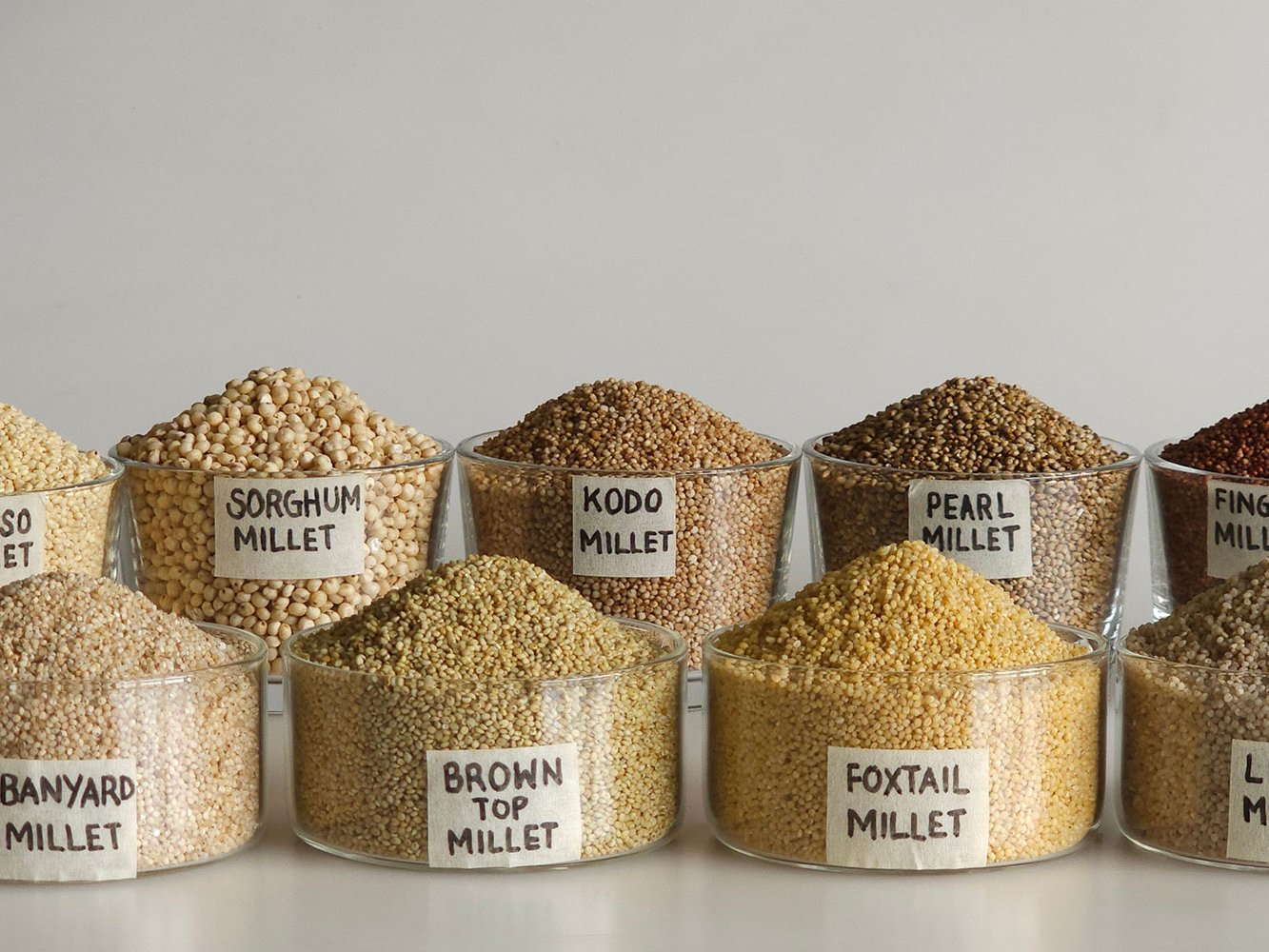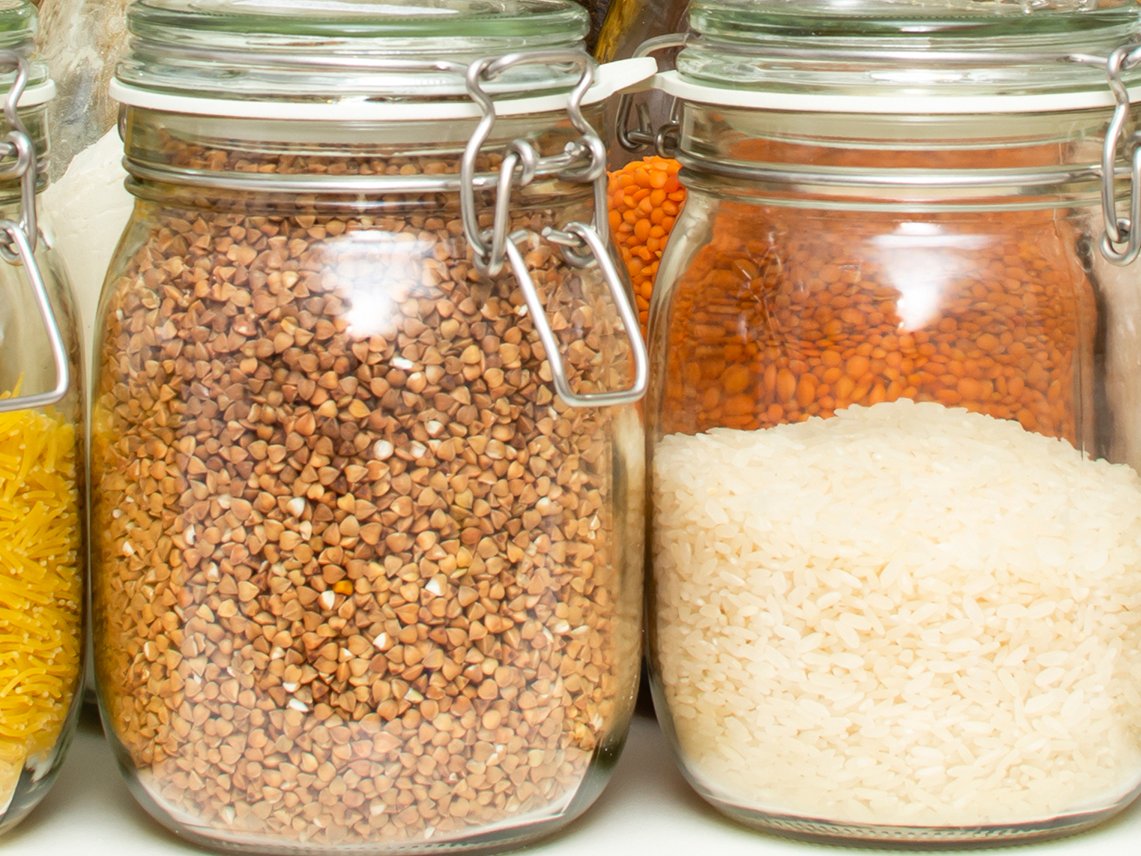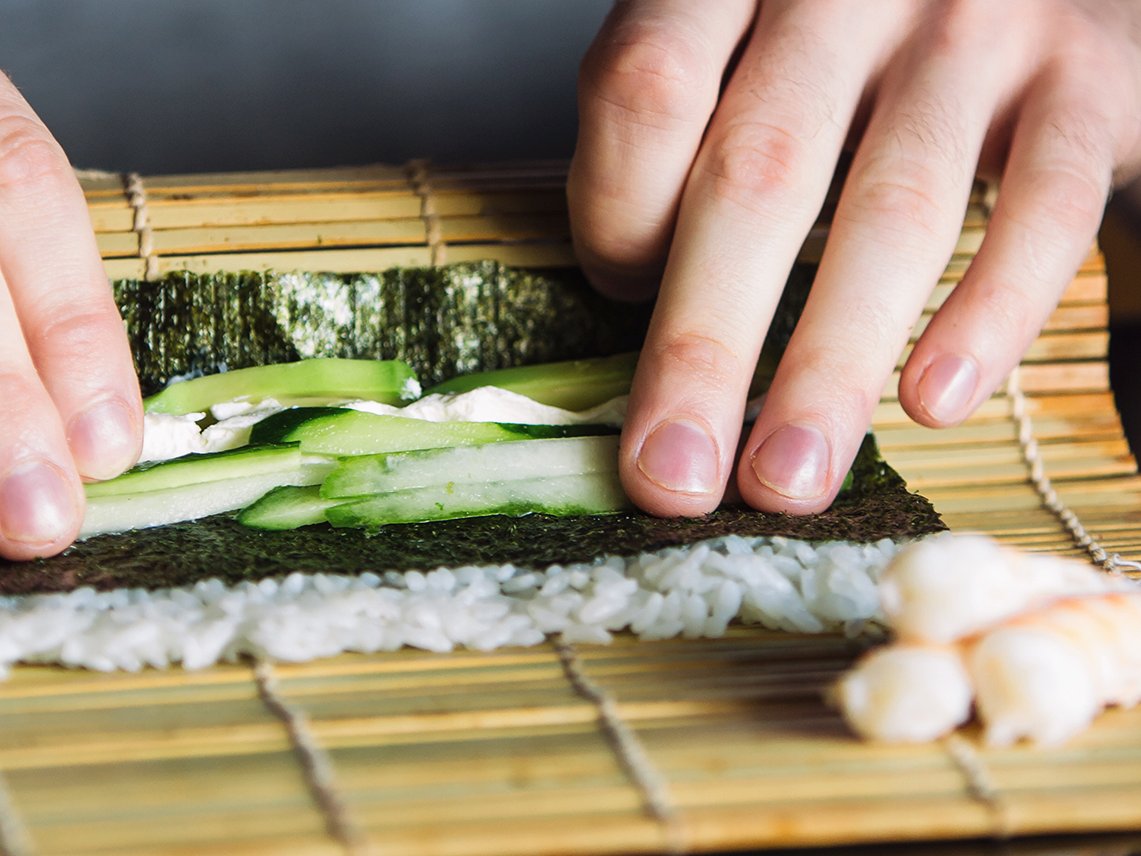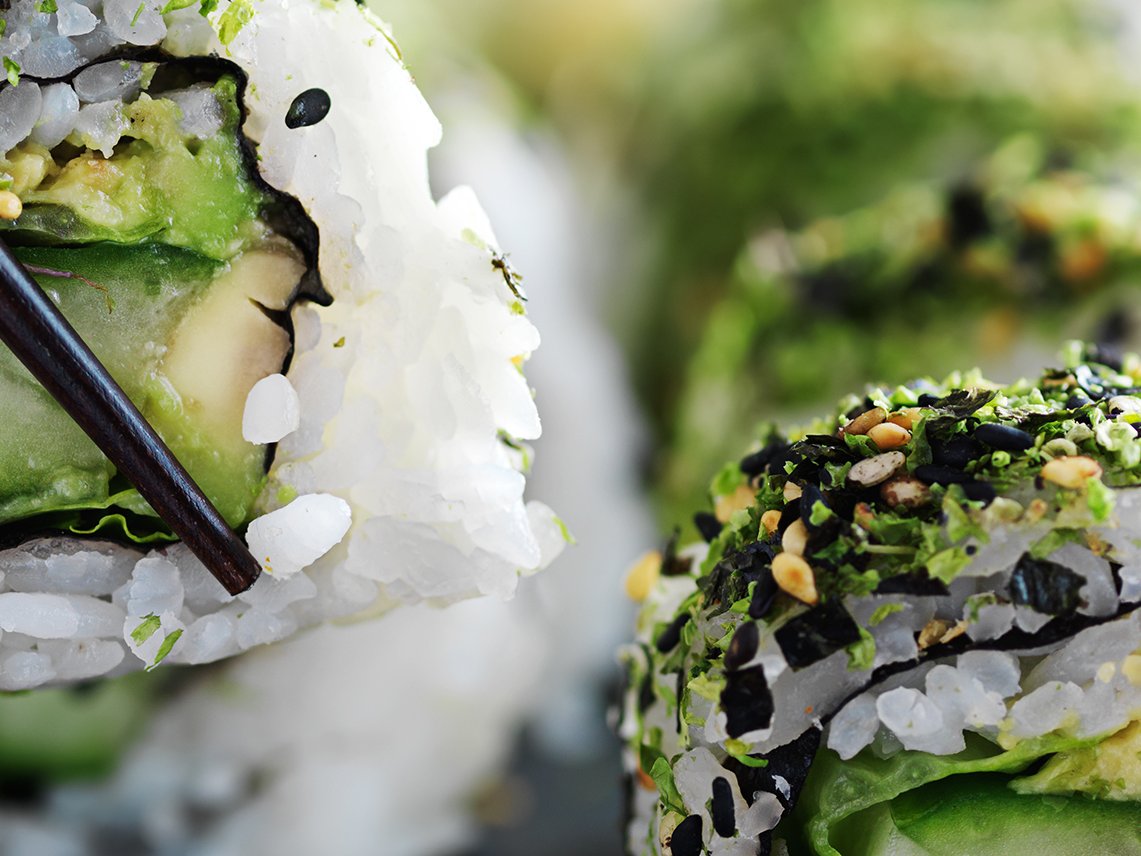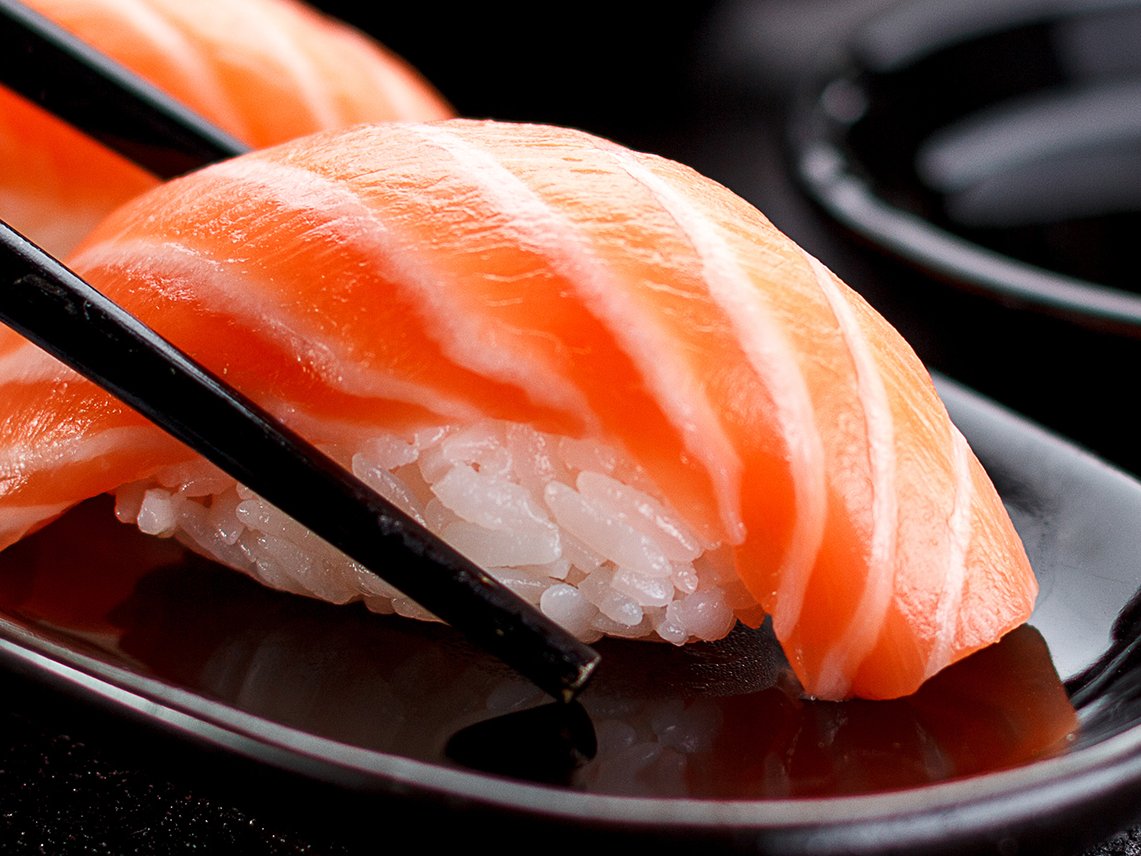The healing power of mushrooms
How mushrooms can heal us and our planet, and why our future depends upon them.
They are the first, the smallest and the largest, as well as the most species-rich living beings on earth. Genetically, they are closer to us than plants: they breathe oxygen, digest and communicate. They work in secret and what we see of them are only their fruits, with the fungus – the mycelium – living beneath our feet, its mysterious kingdom stretching kilometres into the depths.
Fungi – the third primary life form on our planet – act at the interface between life and death, for they are the great recyclers that keep the cycle of nature going. Without fungi, life on earth would not be possible, and mycologists like Paul Stamets ascribe them actual superpowers, for their ability to heal is inherent. In his collected work, and the accompanying documentary film Fantastic Fungi (2019), he explains how fungi can heal, expand our consciousness and save the planet.
No fungi, no future!
Fungi open up unimagined solutions to the most pressing problems of our time, yet we haven’t even begun to exhaust their enormous potential. Fungi are masters of biochemistry, playing a crucial role in solving environmental pollution because they can convert pollutants into nutrients, breaking down problems like oil spills, microplastics and even nuclear waste; mushrooms also bind much of the CO2 in the earth.
Mushrooms against world hunger
Mushrooms are rich in nutrients and high-yielding, and their cultivation is resource-saving because they grow on plant waste and livestock manure, thus enabling a perfect circular economy (one kilogram of mushrooms requires only eight litres of water for growth whereas 1kg of beef requires 15,000 litres). A total of 800 tonnes of mushrooms can grow on one hectare, but only 1.67 tonnes of pork can be produced from the same area of land per year. Mushrooms also play a vital role in the vegan diet, with many meat substitutes already based on mushrooms. Mushrooms are not only delicacies, they are used as meat substitutes in more and more gourmet kitchens.
Mushrooms as medicine
In Traditional Chinese Medicine (TCM), they have been used as a remedy for centuries, and now western science is also increasingly discovering the incredible healing power of mushrooms. The pharmaceutical industry is intensively researching mushroom preparations in capsule or powder form, which can be conveniently added to your morning coffee, with the best-known medicinal mushrooms being the oyster mushroom, the shiitake and the reishi. However, there are a whole host of varieties with therapeutic effects growing extensively across the world.
Vital mushrooms regulate the balance in our body and can heal chronic diseases by strengthening our immune system. Many have anti-inflammatory, antioxidant, and antibacterial effects and help with viral infections; some build our microbiome, maintaining our gastrointestinal tract, and some can even help treat cancer. There are also lion's mane mushrooms which can regrow nerve cells in the brain, helping alleviate the symptoms of dementia, while many mushrooms also increase physical and cognitive performance.
Magic mushrooms as miracle healers
Psychoactive mushrooms have been used ritually since ancient times, and some even suspect that they played a vital role in the evolution of the human brain (“Stoned Ape Theory”). As early as the 1960s, numerous studies demonstrated the efficacy of magic mushroom therapies for mental ailments, while research on the psychoactive ingredient psilocybin was banned for over 50 years as part of President Nixon's “war on drugs”; it is now picking up speed again, but it remains illegal in most countries despite it achieving astonishing successes, especially in psychotherapy.
No other substance is as effective against addictions (especially alcohol and nicotine), obsessive-compulsive disorders and depression, as psychoactive mushrooms. This is because their active ingredient, psilocybin, loosens entrenched thought patterns in the brain and accustomed destructive behaviour patterns. Negative spirals – usually the cause of mental illness – can be escaped by patients in the course of professionally guided psilocybin therapy, and magic mushrooms can help hospice patients leave their fear of death behind.
So, there is still a lot to discover in the mysterious realm of the often underestimated mushroom.

